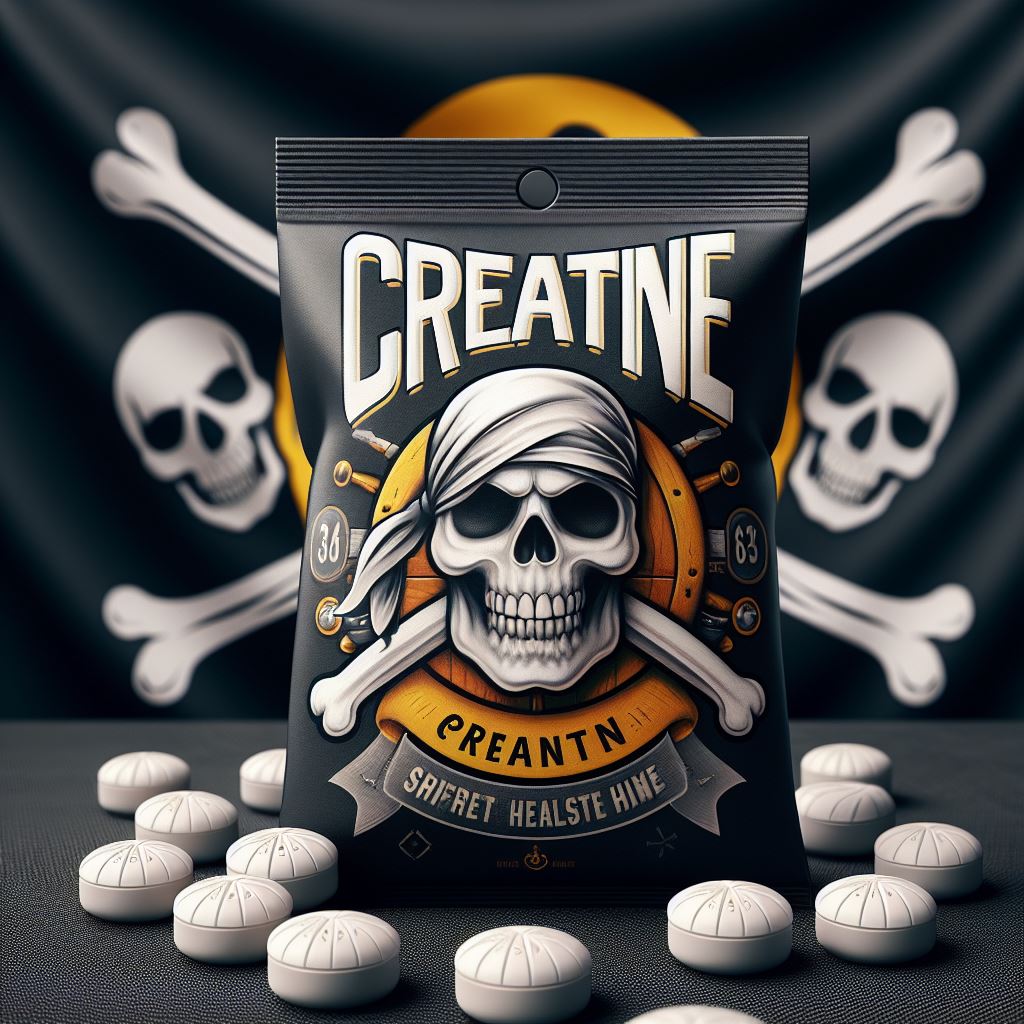Creatine is a popular supplement among athletes, bodybuilders, and fitness enthusiasts seeking to enhance their performance and build muscle mass. However, there's often confusion surrounding its classification, with some individuals mistakenly believing it to be a steroid. If you're considering using creatine for the first time and have concerns about its safety and legality, rest assured that creatine is not a steroid. Let's delve into the facts to put your mind at ease.
Firstly, it's crucial to understand the differences between creatine and steroids. Steroids are synthetic substances that mimic the effects of testosterone, a hormone naturally produced by the body. They're often used illegally to enhance athletic performance and muscle growth, but they come with serious health risks and are banned in many sports organizations. On the other hand, creatine is a naturally occurring compound found in foods like meat and fish, and it plays a key role in energy production during intense exercise.
One of the primary misconceptions about creatine is that it's similar to steroids in terms of its effects on the body. However, numerous scientific studies have shown that creatine supplementation is safe and effective for increasing muscle mass, strength, and exercise performance. Unlike steroids, creatine works by replenishing ATP (adenosine triphosphate) stores in the muscles, which allows for greater energy production during high-intensity activities.
Moreover, creatine has been extensively researched and is widely accepted within the sports and fitness communities. It's not only legal but also endorsed by reputable organizations such as the International Society of Sports Nutrition and the American College of Sports Medicine. These organizations recognize creatine as a safe and beneficial supplement for individuals engaging in intense physical activity.
If you're still concerned about using creatine for the first time, it's essential to consult with a healthcare professional or a certified sports nutritionist. They can provide personalized guidance based on your individual health status, fitness goals, and dietary preferences. Additionally, be sure to follow recommended dosage guidelines and stay hydrated while taking creatine to maximize its benefits and minimize any potential side effects.
In conclusion, creatine is not a steroid but rather a naturally occurring compound that can enhance athletic performance and muscle growth when used responsibly. By understanding the facts and consulting with knowledgeable professionals, you can confidently incorporate creatine into your fitness regimen and unlock its full potential. Don't let misconceptions hold you back from achieving your goals – embrace the power of creatine and push your limits to new heights.

